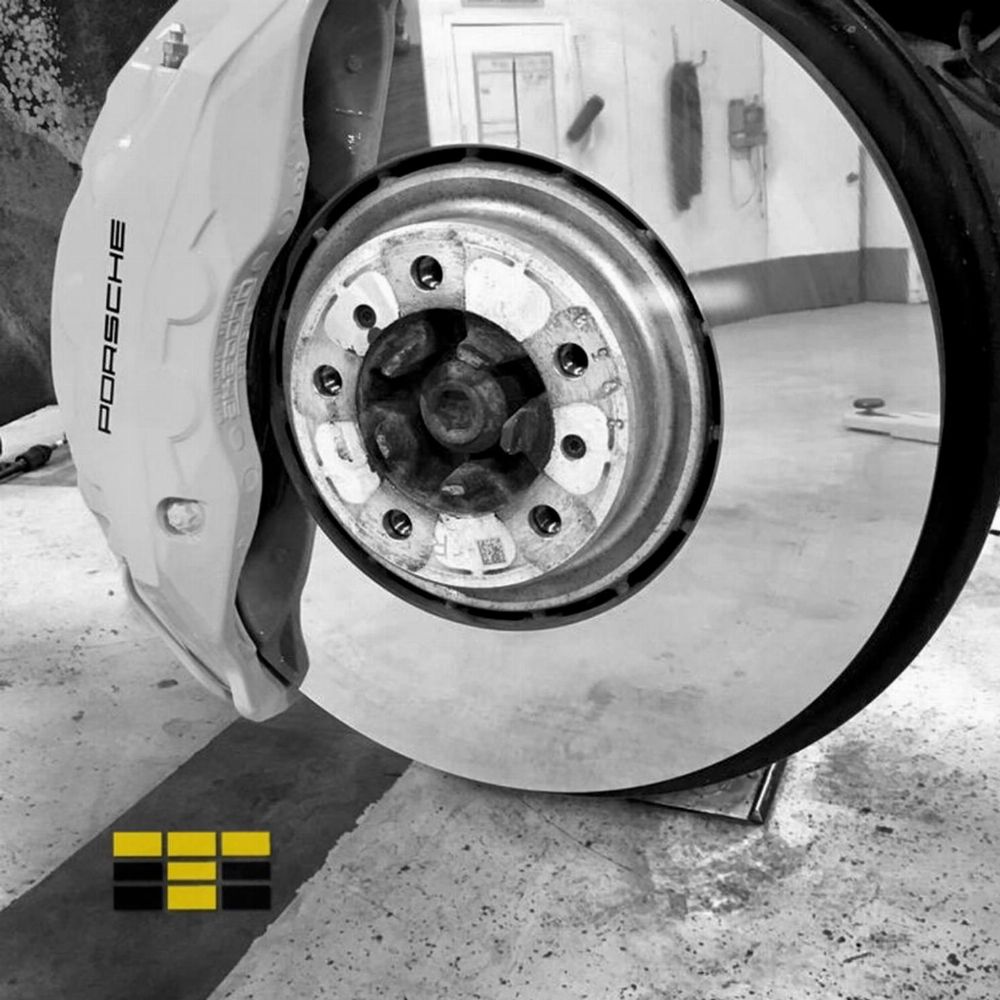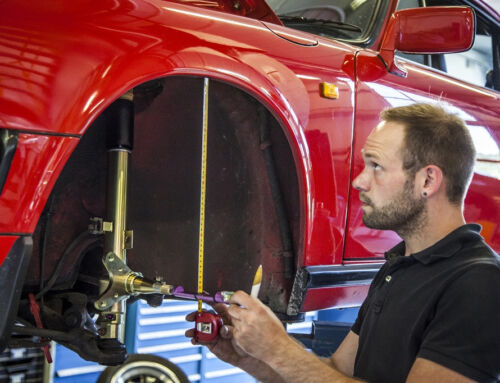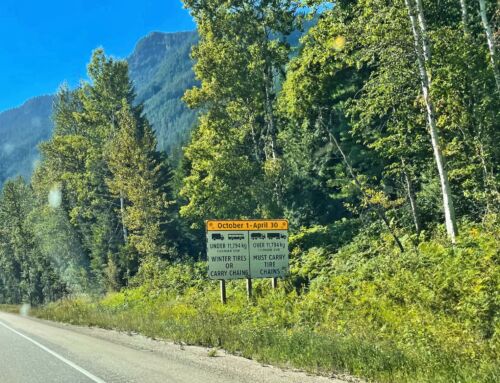The Tunerworks ServiceBrake Fluid Servicing |
| |
Over time, your brake fluid will accumulate contaminants. Things like dust and moisture find their way into your braking system, gradually reducing the effectiveness of your brakes. Here’s what you need to know. |

Your vehicle depends upon a vast array of systems and components to work together and contribute to the overall function of your vehicle. Some parts are big and easy to understand, like the wheels or the headlights, while others are small and finicky. Many folks don’t realize the vital role that fluids play in your vehicle’s systems, including allowing you to brake properly.
What Does Brake Fluid Do?
The role of brake fluid is to convey information from your foot to the calipers. When you depress the brake pedal with your foot, the brake fluid becomes pressurized and activates the calipers. The calipers then squeeze on the rotors and create friction to slow you down. You are able to control the aggressiveness of your braking by modifying the pressure in the system, which is a result of how firmly you depress the pedal.
Brake Fluid Can Go Bad
Over time, your brake fluid will accumulate contaminants. Things like dust and moisture find their way into your braking system, gradually reducing the effectiveness of your brakes. This accumulation of contaminants is why manufacturers and mechanics recommend brake flushes at regular intervals, the length of which varies from vehicle to vehicle.
You will notice a reduction in braking performance if you are driving with seriously contaminated brake fluid. If, however, you have a leak and have lost significant fluid, the results could be little braking ability or none at all.
Signs That It’s Time to Replace Brake Fluid
Some vehicle problems, like a flat tire, are extremely obvious. Dirty brake fluid is not typically obvious, as the braking performance diminishes so gradually that you likely won’t notice any day-to-day changes. The best strategy is to be aware of your vehicle’s recommended maintenance routine and combine this service with a regularly scheduled Oil Change Service.
If you are noticing poor braking power, your brake pedal feeling strange, or a weird noise while braking, you may have been in need of a brake fluid flush for quite some time. You should bring your vehicle in for an inspection and brake fluid flush as soon as possible.
How to Check Your Brake Fluid
It’s best practice to regularly check all your vehicle’s fluids, or have them checked at regular service intervals. It’s quite simple for you to take a look at your brake fluid level. Use your owner’s manual to find the brake fluid reservoir under the hood. You should be able to see braking lines attached to the bottom of the reservoir. Often, the tank itself is labeled “Brake Fluid”. The tank will be translucent so that you can see the fluid levels inside, and there should be markings on the exterior of the tank indicating the correct fill lines. There should be no need to open the tank, in fact, we recommend that you leave the cap in place in order to keep the system sealed. If your fluid is below the lines, you should bring your vehicle in for an inspection because you may have a leak.
For further analysis of your brake fluid, we recommend having an expert remove the brake fluid reservoir cap and inspect for contamination, colour, and water in the fluid. Brand new brake fluid is clear or slightly yellow, so if your brake fluid appears to be dark yellow, cloudy, or brown, it is definitely time for a flush. Depending on your brake fluid reservoir, you may be able to examine the colour of the fluid without opening the tank.
We think that it’s best to stay on top of your vehicle’s health, rather than reacting to problems after they happen. That is why a brake fluid inspection is built into regular Tunerworks services. We will keep you up-to-date on the condition of your brake fluid during services like the Tunerworks Oil Service so you can step on the brakes with confidence.
Brakes Matter
When it comes to driving safety, it would be difficult to argue that anything is more important than functioning brakes. Because of this, any service concerning your braking system is not one to be delayed.
The recommended interval for a brake fluid flush is typically 2 years, or as outlined in your vehicle’s owner’s manual. Part of the Tunerworks Service System is to assess your fluids at every service, so you can be confident that your vehicle is healthy and safe to drive.





